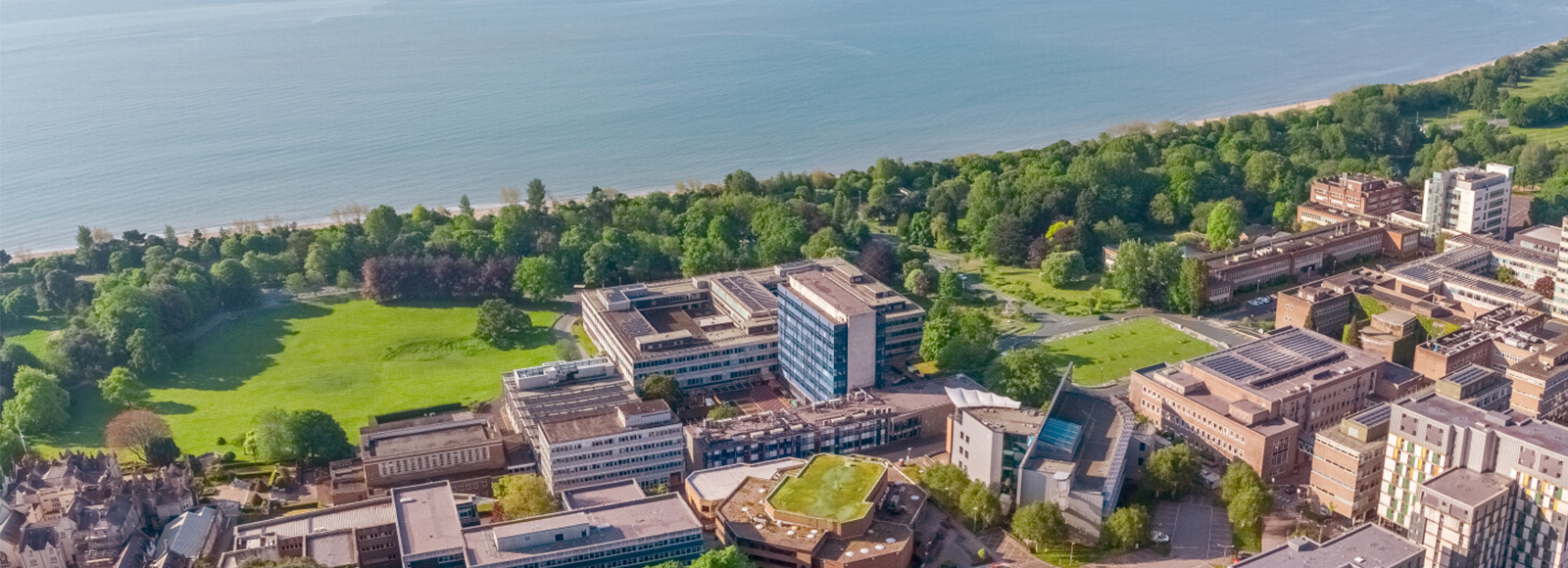The degree will teach you how to use engineering techniques to understand bio-medical systems or to develop devices that interact with biomedical systems. This applies to the large scale of populations or the entire human body, to the smaller scales of cells or even nanoparticles. We provide two course streams that can be chosen by the students:
- Biomechanics; With an emphasis on biosolid mechanics, biofluid dynamics and medical device design.
- Biomaterials; With an emphasis on the development of and interaction with biomaterials at the micro and nanoscale.
Both streams will provide the students with the analytical and complementary experimental skills to tackle typical problems encountered in biomedical engineering. The student will be trained through practical hands-on experiences for data acquisition and through advanced data-analytical techniques to study collected data.
The MSc programme provides a great postgraduate experience for students with an undergraduate Biomedical Engineering degree but is also an excellent opportunity for those with undergraduate degrees in other engineering or related disciplines to study as a conversion course. Either way, this course sets you up well for an engineering career in life sciences or the medical device industry.









